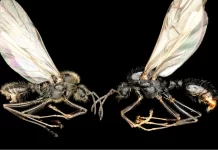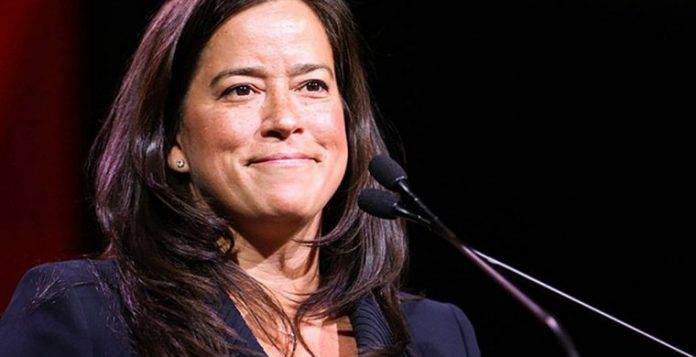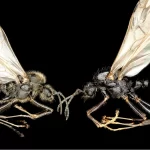United Nations review tells Canada to step up to end poverty, homelessness, and inequality.
Justice Minister Jody Wilson-Raybould represented Canada in Geneva for the UN’s third Universal Periodic Review of human rights.
Wilson-Raybould says she heard the council’s message “loudly and clearly,” including the need to support the national inquiry into missing and murdered Indigenous women and girls and addressing the over-representation of Aboriginal women behind bars.
“We know this is a challenge we’re facing, it needs to be addressed in a fundamental way,” she said Friday in a telephone interview from Geneva.
The review, first established in 2008, sees the council review the human rights records of all UN members and make recommendations for improvement.
Canada has taken part in two reviews, in 2009 and in 2013, although 2018 marks the first time that a federal minister has led a delegation for the presentation.
Wilson-Raybould said she welcomes the feedback — and while Canada has made important gains, a great deal more work remains.
The government is still considering whether it will grant the missing and murdered women inquiry a two-year extension, which commissioners requested in March.
The decision will come “in the near future”, she said.
“We will ensure Indigenous survivors and family members will be heard by the commission and that we will complete the work of the national inquiry in a way that allows those voices to be heard, commemorates lived experiences of Indigenous women and gets at the root causes of why the situation exists in the first place,” Wilson-Raybould said.
In a speech to the council, she highlighted the government’s launch of the inquiry, its work in eliminating boil-water advisories in First Nations communities and its intention to implement the 94 recommendations from the Truth and Reconciliation Commission.
She also raised the government’s plan to work with First Nations, Inuit and Metis people on a recognition and rights framework, which she said builds on the government’s reconciliation efforts.
Wilson-Raybould said she is reviewing Criminal Code and that the government is working on pay equity legislation. She reminded the council of Trudeau’s apology to those in the LGBTQ2 community harmed by past federal legislation.
The review confirmed however that Canada is still “failing millions of Canadians by denying them an equal chance to succeed and thrive,” said Marie-Claude Landry, chief commissioner of the Canadian Human Rights Commission.
“The recommendations in this third UPR are not a surprise to anyone,” she said. “For the most part, they are largely the same as those presented to Canada in 2013. This latest review is evidence that, despite best efforts at all levels of government, Canada continues to struggle to address this country’s most urgent human rights issues.”
Landry credited the government for putting human rights back on the agenda and cited the prioritization of women’s equality, reconciliation, homelessness and LGBTQ2 rights as examples.
Wilson-Raybould acknowledged that Canada is “not perfect” and that there’s room for improvement.
“Hearing from our peers is an opportunity to take recommendations and do what we can to improve.”
































